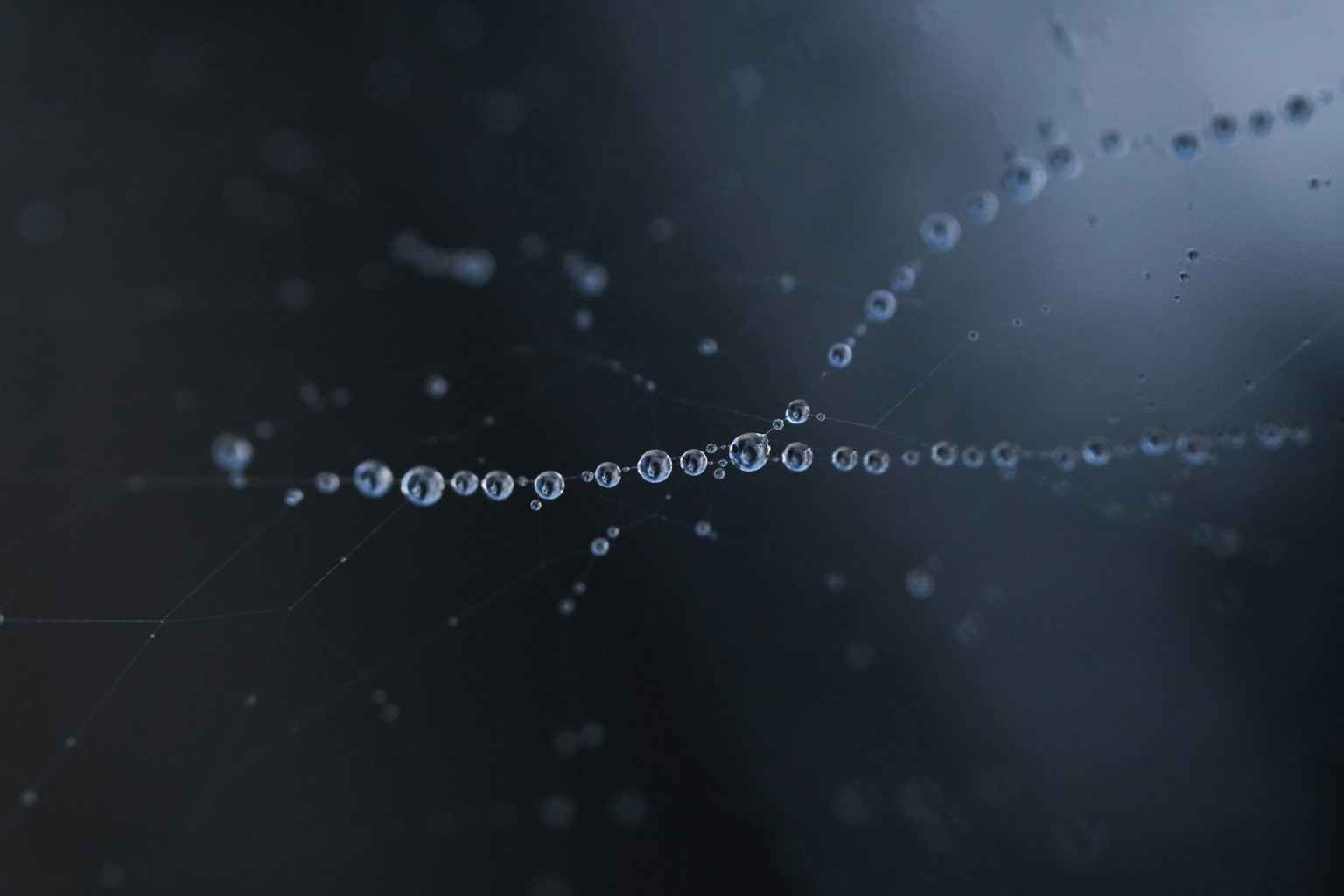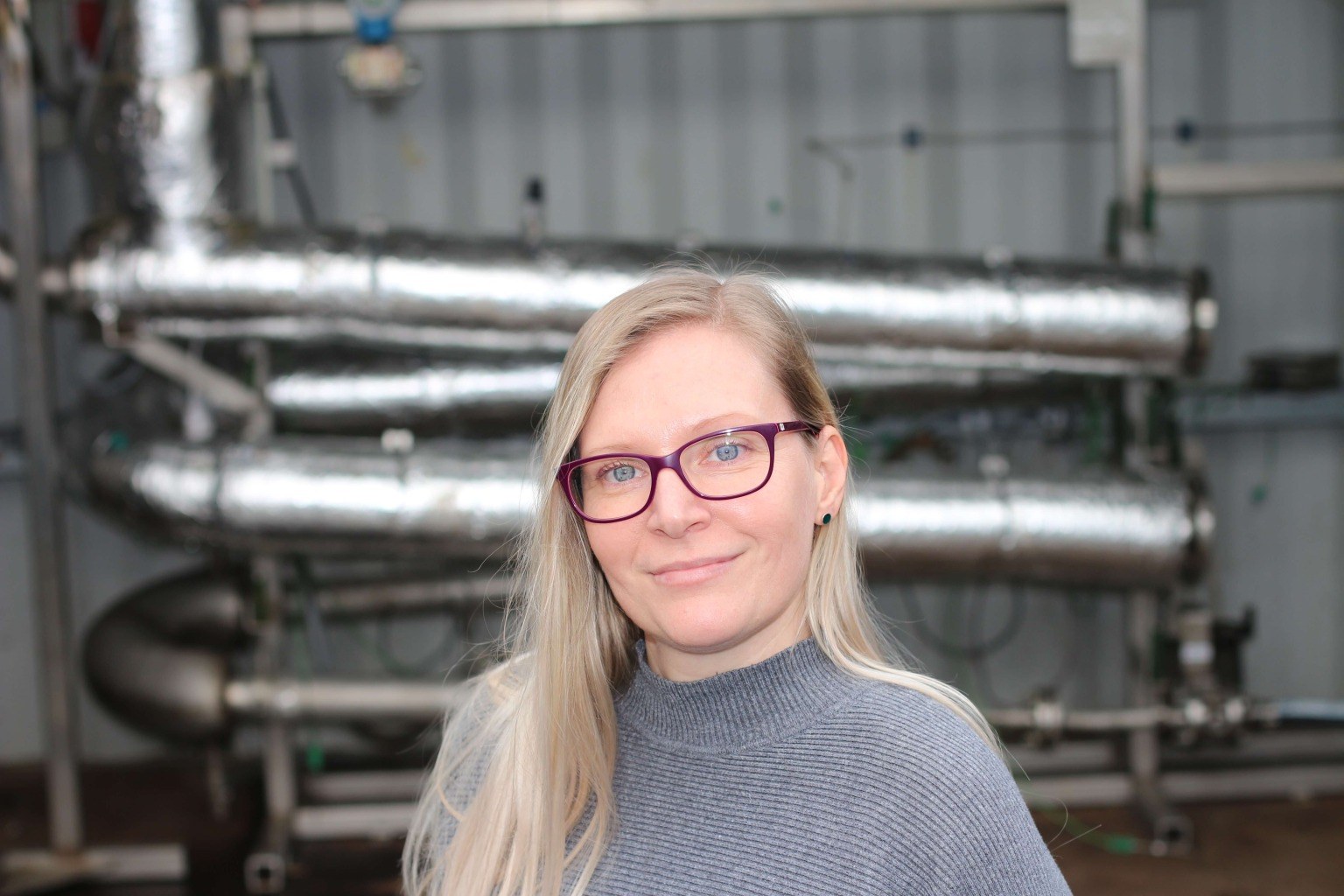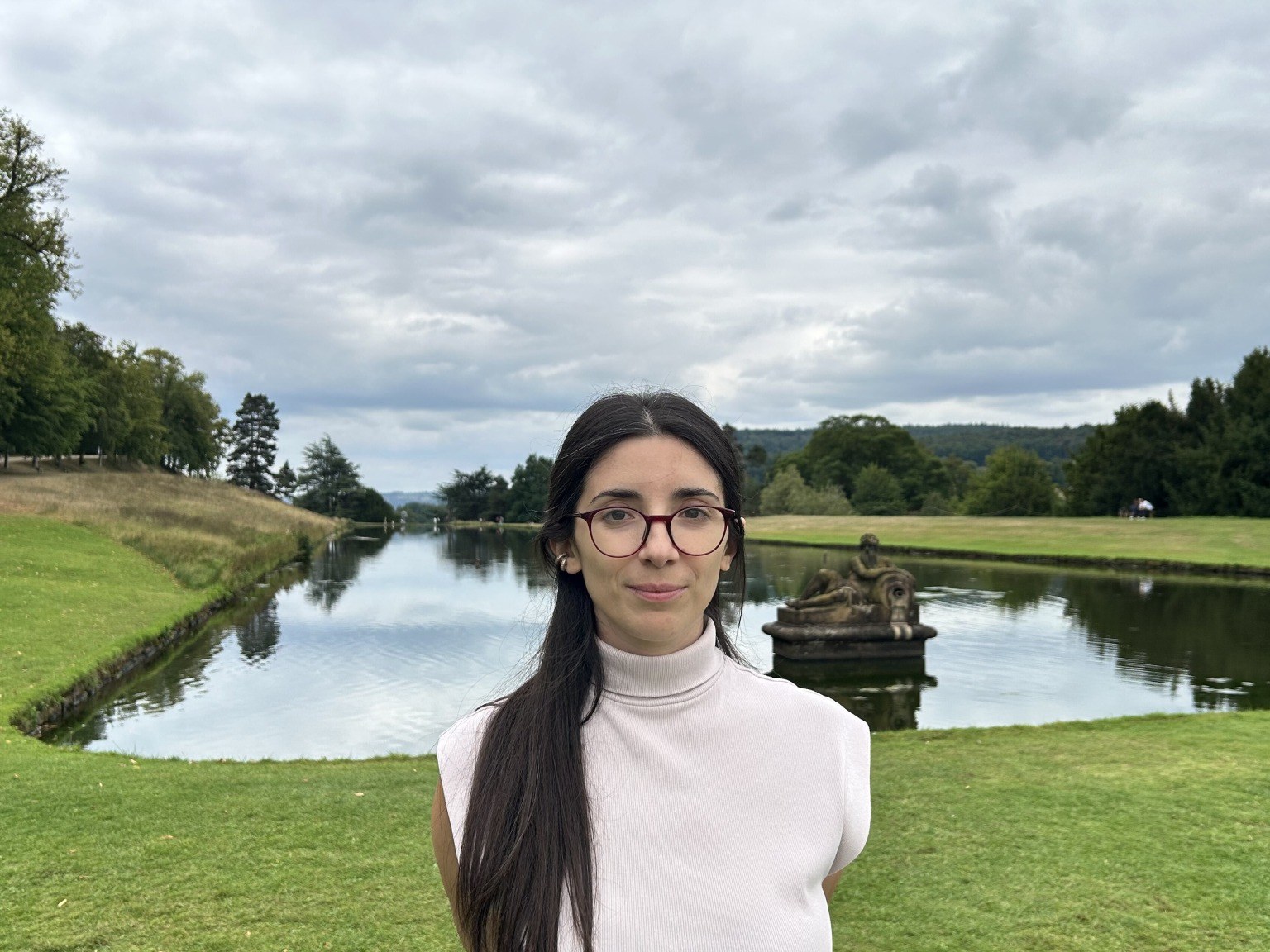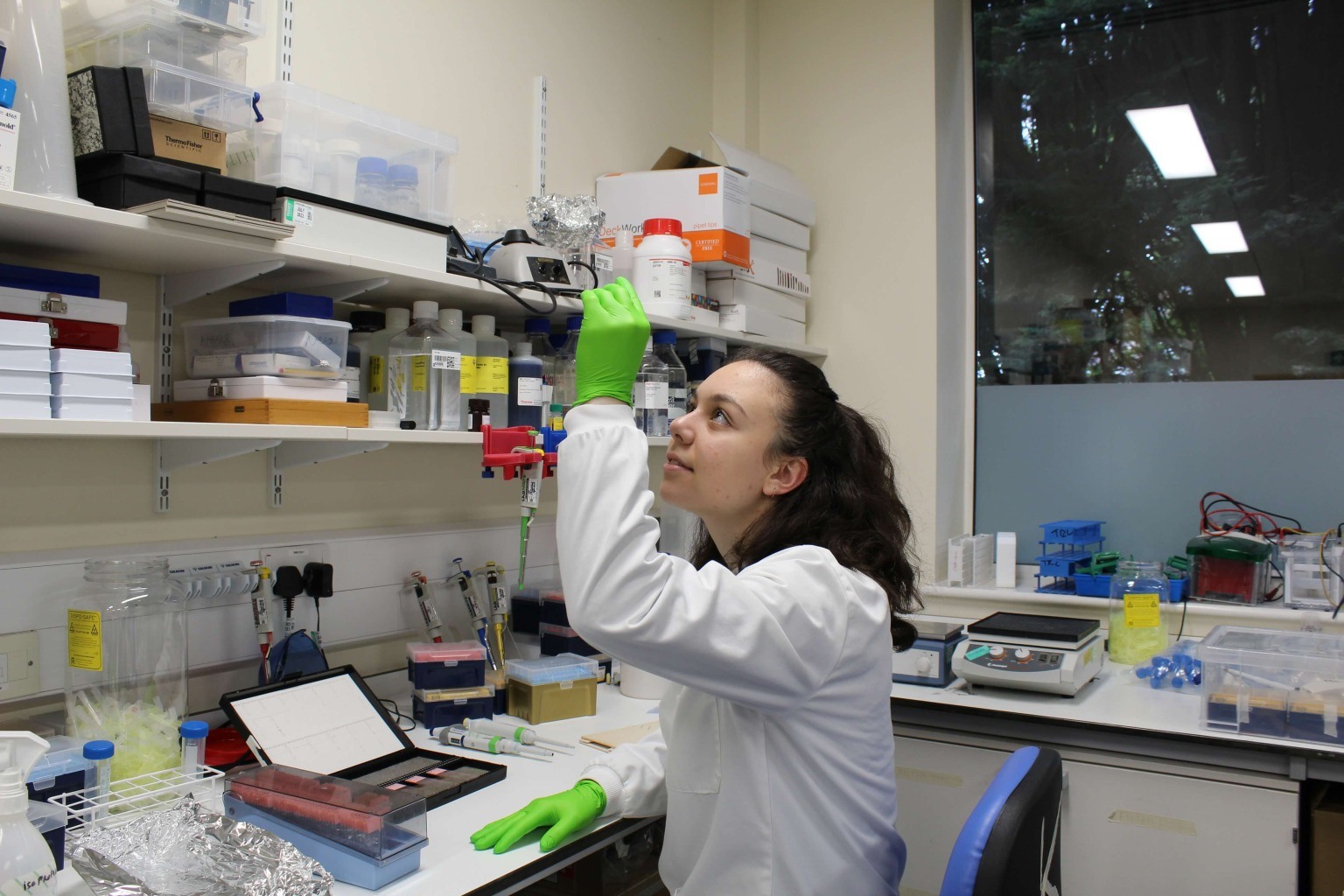
Exploring the invisible: Dr. Ariadni Boziki simulates the molecular world
Chrysovalantou Kalaitzidou

Magazine / Interviews , Engineering
Dr. Nanou holds a BSc degree in Oil & Natural Gas Technology from TEI of Kavala and an MSc from the University of Twente in Chemical Engineering. She gained her PhD from the same University, which was focused on using biomass gasification to produce renewable alternatives to natural gas. Pavlina has extensive research experience, having worked in research and consultancy roles with Akzo Nobel and ECN in the Netherlands. She is a member of the scientific committee for the world’s largest Biomass conference & exhibition (EUBCE). In addition, she has worked as a scientific editor in Oxbridge Editing, an academic proofreading and editing service for undergraduate, Masters, MBA, and PhD students in the UK.
Pavlina has worked as a volunteer in many different roles. From an emergency response officer in ECN and a volunteer for WWF to a workshop organiser with VHTO (bringing girls in touch with science) and a teaching assistant with KIVI (Dutch Association of Engineers in The Netherlands - arranging special do-it-yourself technology afternoon for children 5-10 years old), Pavlina is today an inspiration to all young girls and women. In November 2020, she was granted the Marina van Damme Scholarship which is awarded to successful and ambitious former female students at the University of Twente. This financial support allowed her to follow a 1-year Management course at the Nyenrode Business Universiteit aiming at better handling her new role as an entrepreneur. Pavlina speaks to Greek Women in STEM about her experience and tells us ‘It is better to regret having done something than regret not doing it at all’.
Could you please give us a brief description of your job?
I am coordinating the technical part of the TORWASH® technology at TNO and I’m a co-founder and Managing Director at TORWASH BV, a TNO spin-off company. At TNO, I am responsible for scaling up and developing the TORWASH® technology, setting up new projects with partners, writing project proposals for EU and national funding, and advising on the research strategy for the coming years. At TORWASH BV I am responsible for coordinating the scale-up of the technology from pilot to full scale in the years 2021-2025. Also, I am assisting my colleagues in acquiring financial resources, marketing, and PR. I will be working both for TNO and my company for a maximum of one year and the plan is to work for the company on a full-time basis by 2022.
What made you pursue a career as a scientist in the energy sector and subsequently as an entrepreneur?
Back in 2003, during the last year of my studies in Greece (Oil & Natural Gas Technology, TEI of Kavala), I had the opportunity to do my internship in Emden, Germany within the Erasmus-Socrates exchange program. It was a whole new experience for me living in a foreign country and getting acquainted with the terms “biomass” and “bioenergy”. My bachelor studies were focused on fossil fuel technology and what an eye-opener that was when I experimented with biogas production from cow manure! This inspired me to continue in that direction and since then I have expanded my expertise on the thermochemical conversion routes in order to produce bio-based fuels that can substitute coal, oil, and natural gas.
The step to being an entrepreneur, I hadn’t really planned for, it came as a wonderful opportunity that I could just not refuse. If you would have asked me three years ago whether I would ever consider a step towards setting up my own business, I would have said you are crazy 😊
What is TORWASH?
TORWASH® is a patented hydrothermal process that converts wet organic residues into a solid biofuel that can be used for heat and power applications. This process is performed under elevated temperature and pressure so that water does not evaporate. Water works as the reaction medium for hydrolysis to take place leading to a stream that can be efficiently separated into a solid and a liquid fraction. The solid fraction can be efficiently pressed into pellets and from the liquid fraction, that contains dissolved organics, biogas can be produced in a digester. The biogas is sufficient to cover the energy requirements of the process. This makes it a zero-waste and energy-neutral process.
What do you think is the impact of this technology?
This technology can have a great impact on how we currently deal with the disposal of wet residue streams and how our fuel supply chains are organised. Currently in the Netherlands, sewage sludge from wastewater treatment plants is being incinerated without any heat or power recovery. The sludge is transported by truck to the incineration plants and the wastewater treatment plants have to pay 75-100 EUR/ton of wet sludge for disposal. Before transportation, the sludge is concentrated to 23 wt% dry matter by adding chemicals. This means that we basically transport and incinerate water, which is highly inefficient and unsustainable. By applying the TORWASH® treatment on sewage sludge we not only reduce the total volume of this residue stream by 85%, but the remaining solid can be used as a fuel to produce heat and electricity. This is enough to cover 50% of the energy requirements of the wastewater treatment plant itself and on the country level (case: The Netherlands) it can reduce CO2 emissions by 300 kton per year.
My advice to other women is to become aware of these stereotypes and distinguish between what is expected from you and what it is YOU really want to do. Be original and don’t let society dictate who you should be and what you should be doing.
Why did you decide to start your own spin-off company? Was it an easy decision to make and do you think it was a risky one?
TNO is a research institute and its role in developing innovative technologies is limited to the demonstration of a first prototype or pilot plant. The next phases of the development are taken over by a company that wants to further invest and commercialize this technology. For four years we had been looking for that commercial party but the reactions we received were very similar: the technology was not mature enough and they predicted high risks and investments and doubted whether this technology could really fulfill its promises. It is a technology we strongly believe in, we know all the ins and outs of and we see the benefits of what this could bring to our society, so we decided to just go for it ourselves!
Looking back at how everything evolved it was an easy decision to make. The risks are there of course but, even if this fails, at least we will go down knowing we gave it our 110%. My motto has always been “better regret having done something than regret not doing it at all”.
What is the difference in the research/work being done in your company compared to the one you do in the research organisation?
At TNO one is dealing with applied research projects. Depending on their function, they can either be part of the execution team of a project and work in the lab or they can be the project manager coordinating a project, overseeing spent budget, content quality, and time. Additionally, one may be responsible for setting up new B2B projects with customers or writing proposals for projects subsidized nationally or by the European Commission.
The work at the company is very different. The most awesome thing is that the company is yours and you make all the decisions (together with the other shareholders of course). There are many things you have to figure out and learn on the go. Luckily, experience so far has shown that other entrepreneurs and TNO spin-offs are very willing and open to share their experiences. We are still at the onset of our journey as a company but the past two years have been very dynamic: negotiating contracts with TNO on the use of IP and licensing, searching for opportunities to finance the scale-up of our technology, and talking to potential investors. On top of these, we had to set up our strategy and business model, write up our business plan for the coming years, and deal with shareholders’ meetings. And of course, keeping in mind how to set up our brand and how we present ourselves as a professional organisation.
Working at the company can be considered an extension of the work you do at TNO: you realise even better what a big impact you can make and that you have the power to change things. The key to making this a success is to set up solid collaborations with stakeholders in the whole value chain and reach the ultimate goal together. You just cannot do this alone.
Is your area of work male-dominated and what do you think / how do you feel about that?
My area of work is male-dominated and this has been the trend since my studies in Greece. At my starting semester, we were 10 women in a group of 70 students. In general, character traits are labeled as either male or female, as good or bad, but in the end, we are all people, each character is unique in the way each person works or communicates. The labels we assign to them are merely subjective and perceived differently by different people, depending on their own beliefs, morals, social environment, upbringing, and education. One just has to find the right click with someone they work with and have an open mind and attitude towards these differences. In my experience, you can learn a lot, especially from people who are very different from you.
In the past years, there have been efforts to increase the number of female employees, but in my opinion, the underlying issue is gender stereotyping which starts at a very young age. That’s why I’m volunteering for a group that makes efforts to assist teachers at primary schools in breaking such stereotypes (https://vimeo.com/164242863). My advice to other women is to become aware of these stereotypes and distinguish between what is expected from you and what it is YOU really want to do. Be original and don’t let society dictate who you should be and what you should be doing.
What skills should a woman hold in order to work in this field and what would you advise a younger woman who would like to pursue a career like yours?
In order to work in this field, it is important that you win the respect of colleagues and others you collaborate with within the field. You work together with people that have a technical background and respect is mostly built on technical skills. Technology still remains an important common ground and language on which you can build trusting and honest relationships. This eventually leads to commitment to the goal you have set together. Social and networking skills can also bring you very far in the pursuit of your ambitions as you never know where a new contact will lead you to. Therefore, be yourself, be open to learning from others and you can really make a lasting impact. I would also like to share an important lesson I learned in the past five years: don’t be afraid to make mistakes as that’s exactly when you learn the most. Try to ignore your inner critical voice and dare to take up challenges. The basic skills you already hold, the rest you can learn.
Sources:
See Pavlina win the Marina van Damme Grant and the TORWASH pilot installation here.
Learn more about Torwash technology and the spin-off TORWASH BV.
Follow Pavlina on LinkedIn.

Chrysovalantou Kalaitzidou

Thaleia-Dimitra Doudali

Danai Korre
